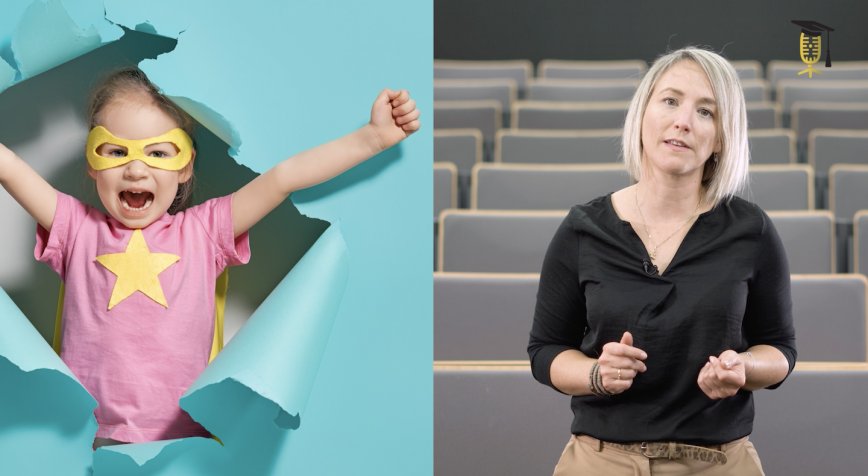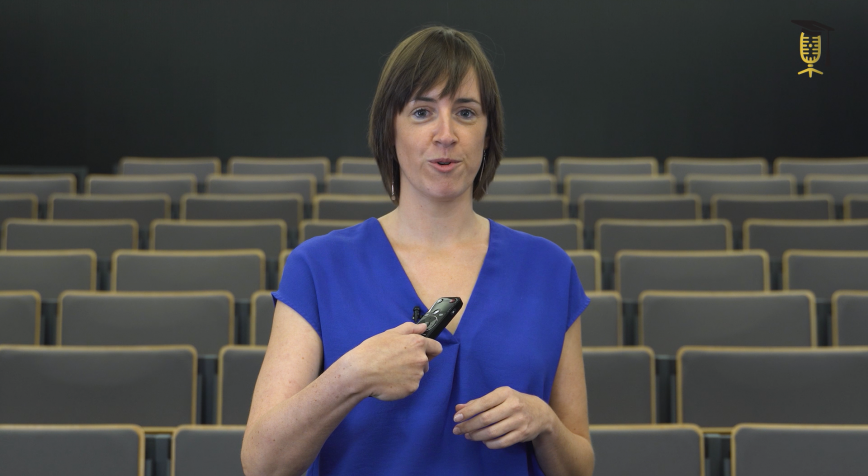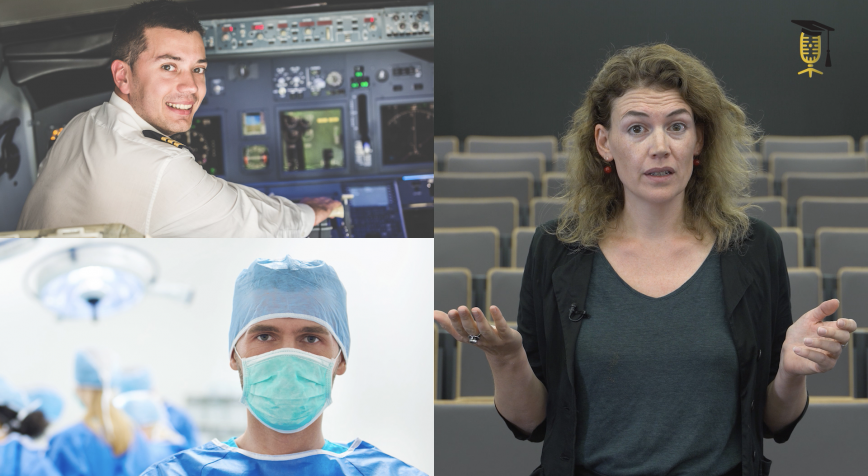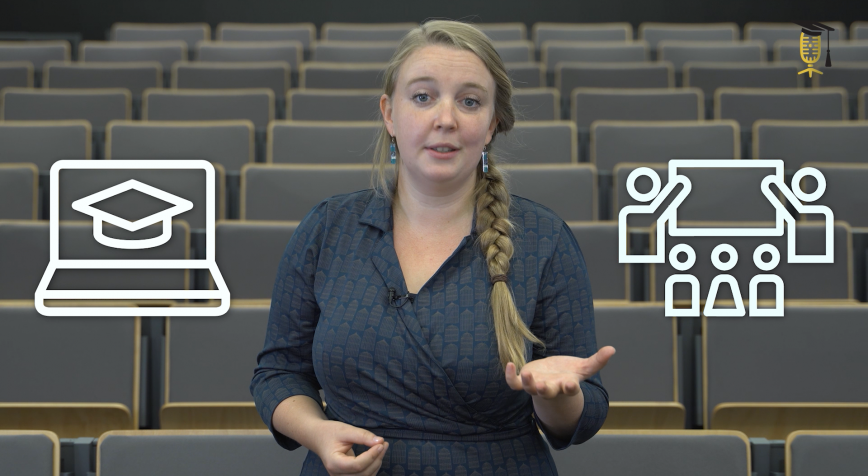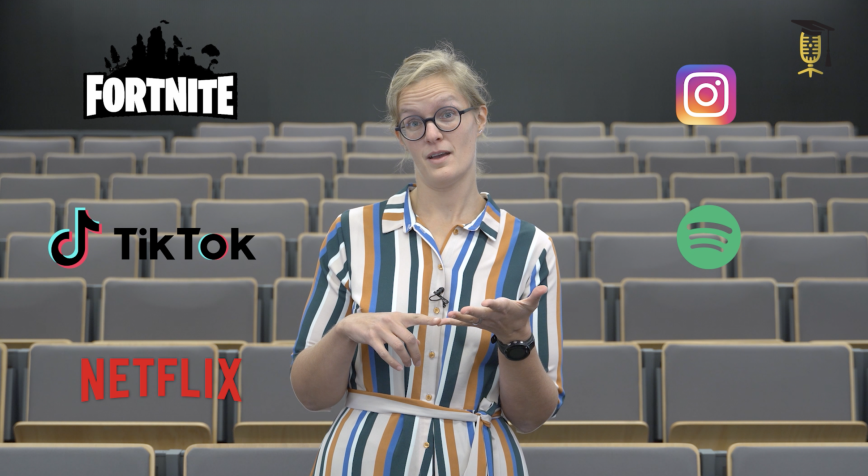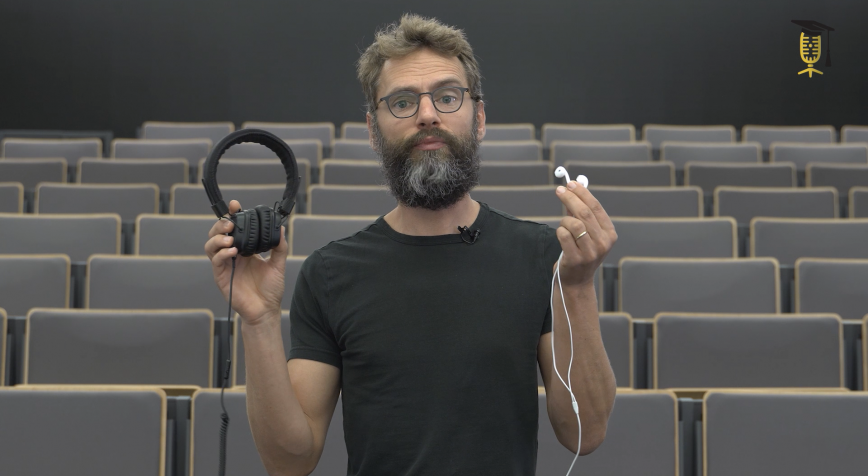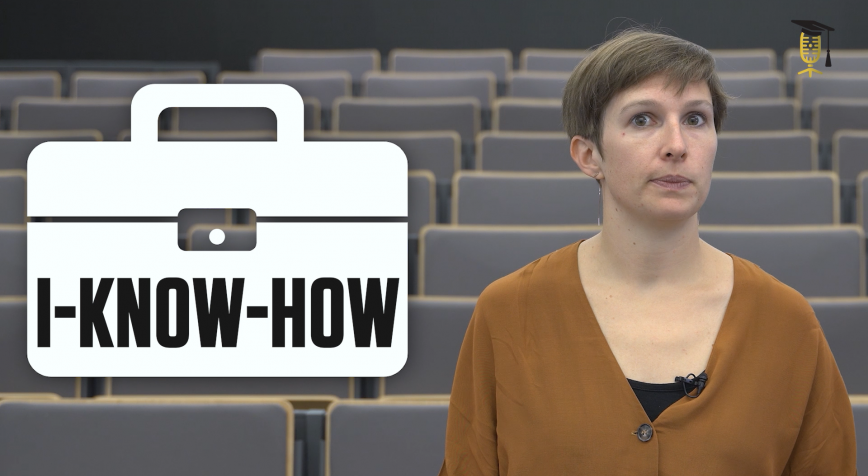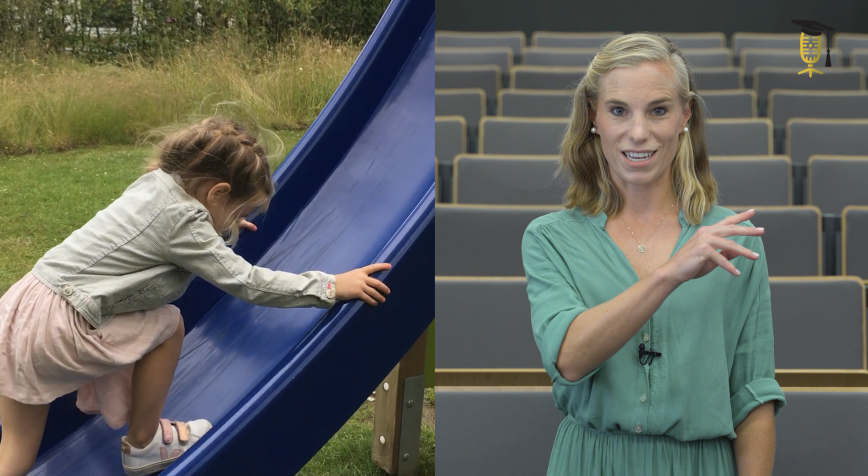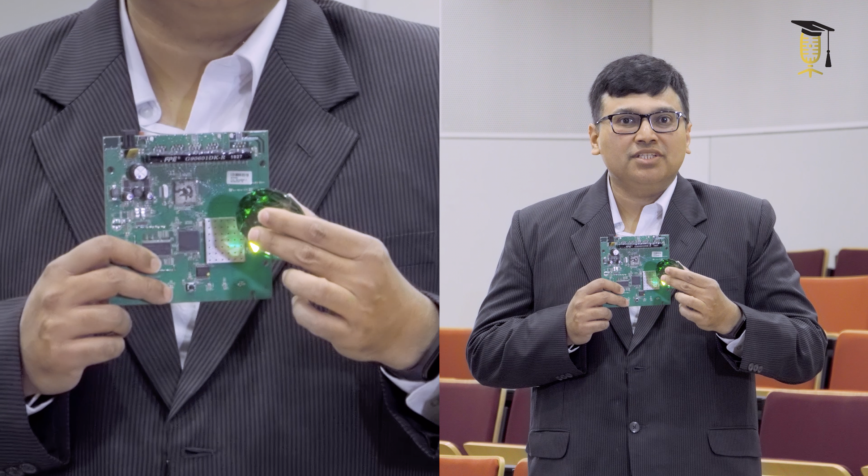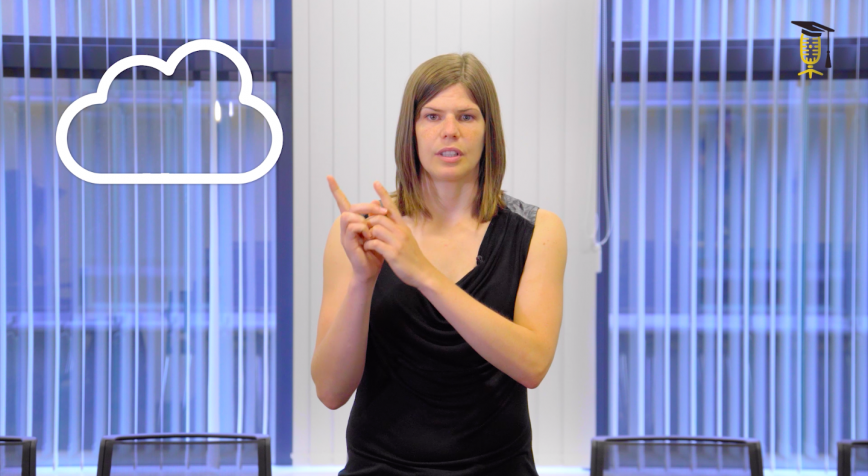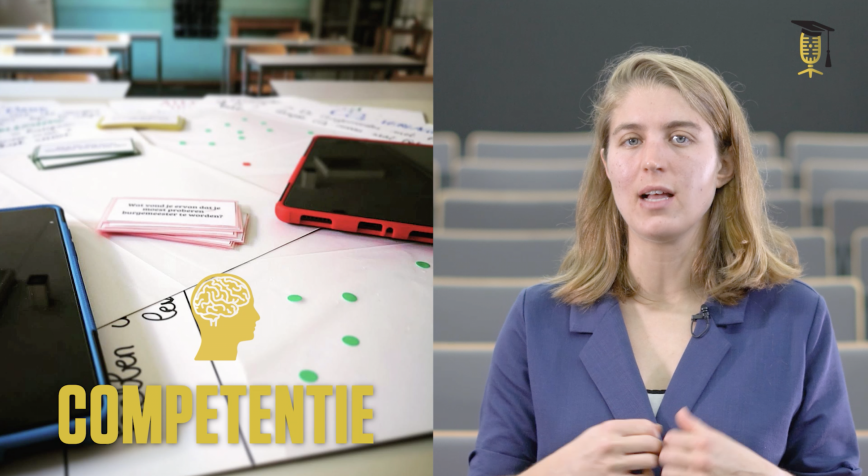
Arteveldehogeschool
Motivating young people for school through games
"With games you can motivate young people for school", according to Liese Missinne and her colleagues at the Artevelde University of Applied Sciences. They developed such a game together with young people. This is necessary because more than 1 in 8 Flemish youngsters drop out of school. She explains in this video exactly what the game entails.
